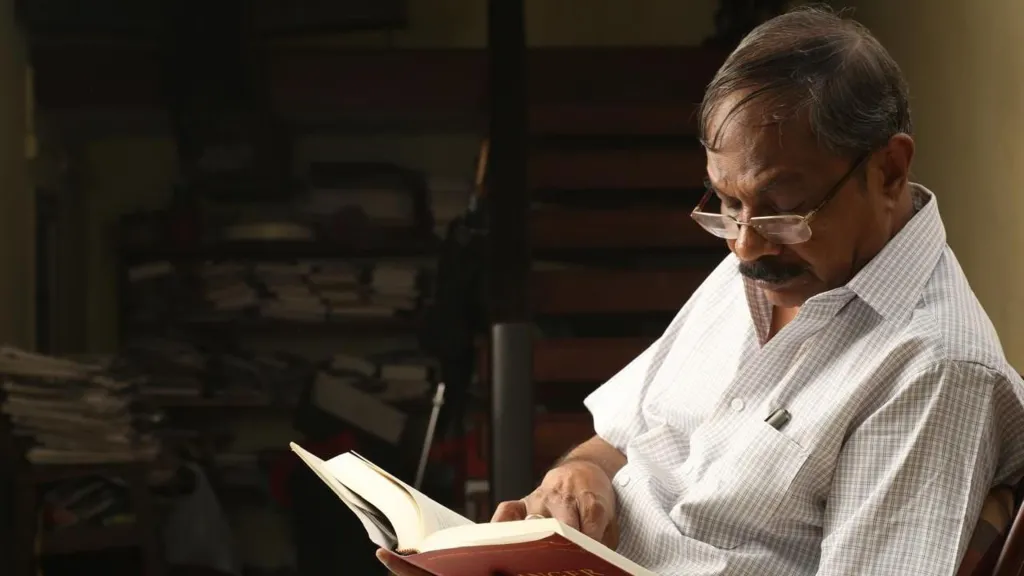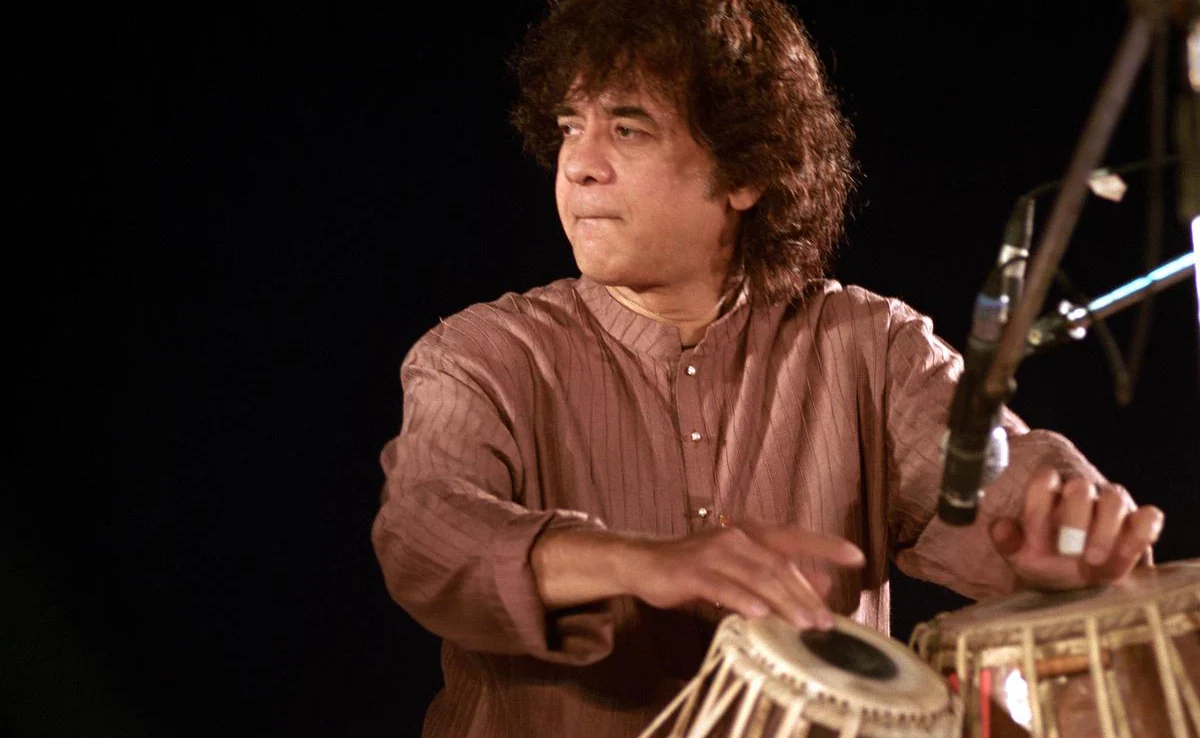M.T. Vasudevan Nair, affectionately known as MT, was a towering figure in Malayalam literature and cinema. His profound narratives and cinematic contributions have left an indelible mark on Indian culture.
Early Life and Background

Born on August 9, 1933, in Kudallur, a serene village in Kerala’s Palakkad district, MT’s early life was deeply influenced by the lush landscapes and the cultural ethos of his surroundings. This environment nurtured his literary sensibilities, inspiring him to craft stories that resonate with authenticity and emotional depth.
Literary Contributions
MT’s literary journey commenced with short stories that captured the intricacies of human relationships and societal transformations. His debut novel, “Nalukettu” (1958), is a poignant portrayal of the decline of the matrilineal joint family system in Kerala. This work earned him the Kerala Sahitya Akademi Award in 1959, establishing him as a formidable writer in Malayalam literature.
Notable Works
- “Nalukettu” (1958): Explores the disintegration of traditional family structures.
- “Manju” (Mist) (1964): Delves into the complexities of love and existential angst.
- “Kaalam” (Time) (1969): Chronicles the protagonist’s journey through personal and societal upheavals.
MT’s narratives are characterized by their deep psychological insight, lyrical prose, and a profound understanding of Kerala’s socio-cultural landscape.
Cinematic Endeavors
Beyond literature, MT made significant contributions to Malayalam cinema as a screenwriter and director. His directorial debut, “Nirmalyam” (1973), received critical acclaim and won the National Film Award for Best Feature Film. Know more: https://www.livemint.com/mint-lounge/ideas/mt-vasudevan-nair-death-malayalam-writer-obituary-11735184302298.html
Selected Filmography
- “Nirmalyam” (1973): A stark depiction of a temple oracle’s life, reflecting societal changes.
- “Oru Vadakkan Veeragatha” (1989): A retelling of a popular folklore, showcasing MT’s narrative brilliance.
- “Kadavu” (1991): Explores human emotions against the backdrop of a riverine landscape.
MT’s films are celebrated for their strong narratives, character depth, and cultural authenticity.
Awards and Recognitions
MT’s illustrious career garnered numerous accolades, including:
- Jnanpith Award (1995): India’s highest literary honor.
- Padma Bhushan (2005): The third-highest civilian award in India.
- Kerala Jyothi (2022): Instituted by the Government of Kerala.
These honors reflect his unparalleled contributions to literature and the arts.
Personal Life
MT’s personal life was as rich as his professional endeavors. He married writer and translator Prameela in 1965, and they had a daughter, Sithara. After their separation, he married dance artist Kalamandalam Saraswathy in 1977, with whom he had a daughter, Aswathy Nair, a renowned dancer.
MT Vasudevan Nair’s legacy is monumental. His works continue to inspire and influence generations of writers, filmmakers, and artists. His deep empathy for human emotions and his portrayal of Kerala’s cultural landscape have immortalized him in the annals of Indian literature and cinema.
Demise
On December 25, 2024, MT passed away at the age of 91. He had been admitted to Baby Memorial Hospital in Kozhikode on December 15 due to breathing difficulties. Despite medical intervention, he suffered a cardiac arrest, leading to his demise.
M.T. Vasudevan Nair’s life and works are a testament to his genius and his unwavering commitment to art and culture. His stories and films remain timeless, offering profound insights into the human condition and the ever-evolving societal fabric.
For a visual tribute to this literary giant, you may watch the following video:



 By
By
















